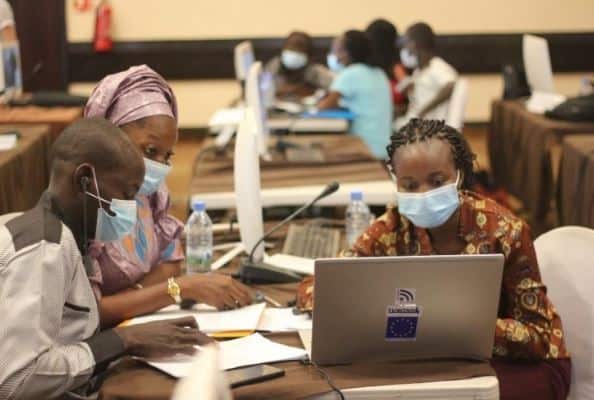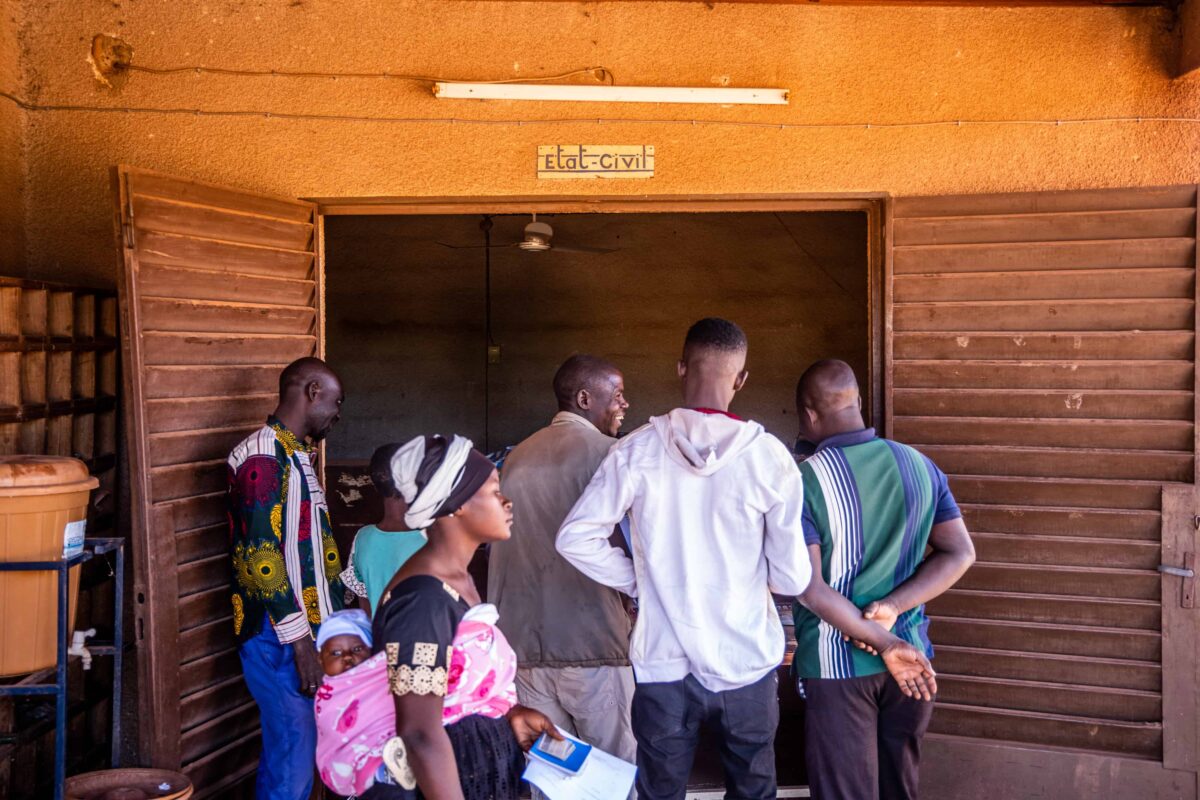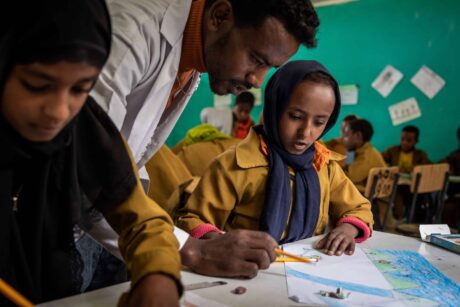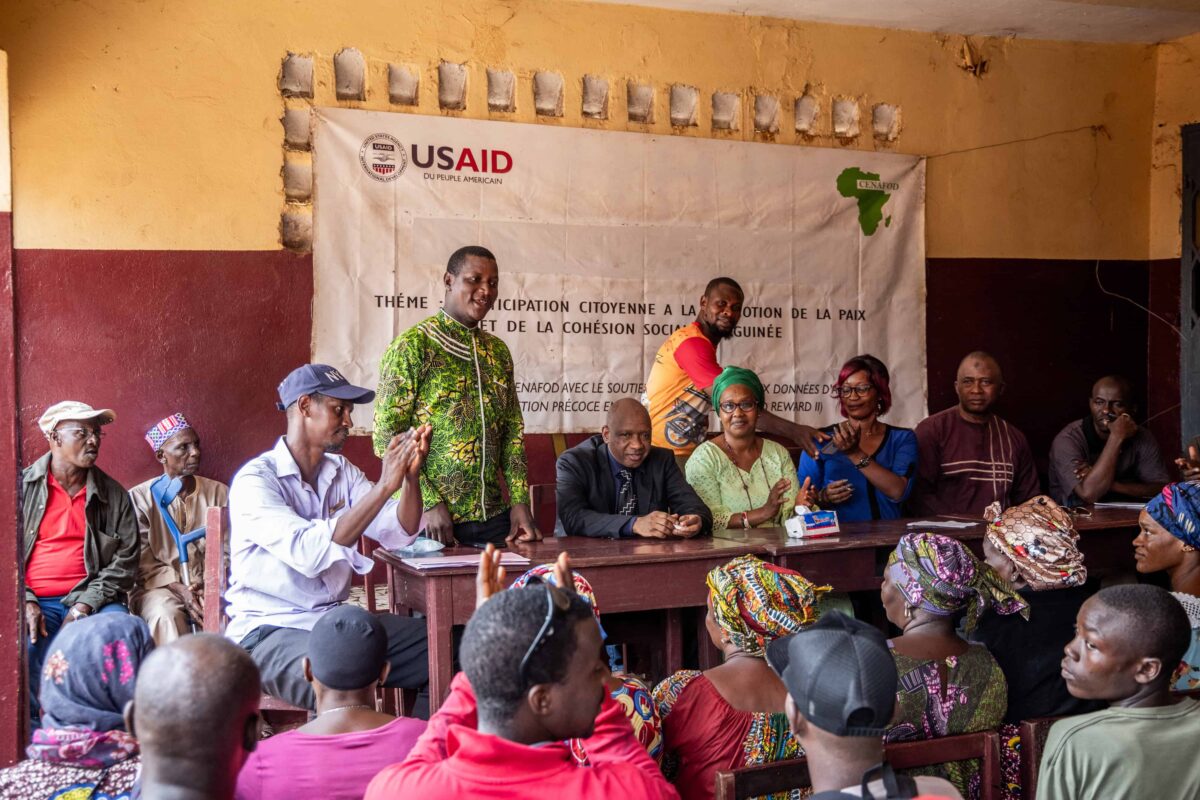Social media has become the fastest way to disseminate information and spread disinformation, and Mali is no exception. The country faces numerous challenges that compound the proliferation and impact of inaccurate information which can influence public opinion on important issues, fuel conflict and impede peace and development.
To help address these challenges, USAID’s Peacebuilding Stabilization and Reconciliation (PSR) progeam rolled out media literacy training for youth and members of two election umbrella organizations. These activities launched in November 2021 with a series of trainings promoting tools and techniques that allow social media users to identify information sources, verify the factual bases for online information, use storytelling to address and counter inaccurate narratives, and ultimately train others in these techniques
Hawa Drissa, a 29-year-old advocate for people living with disabilities, took advantage of the training to become an ambassador of fact-checking in her community not far from the capital. Most of Hawa’s neighbors cannot read or write, she says, which makes it hard for them to use online tools to verify news they hear on the radio or in the market.

This is especially true for those living with hearing, speech, or visual impairments. Hawa is active as part of local associations working with people living with disabilities. For their members, it can be particularly challenging to promote best practices without the right resources, such as sign language translators. Hawa is determined to help overcome these hurdles and, as soon as she completed the training, she started spreading the word about how to separate fact from fiction.
In the first two weeks after her training, Hawa reached more than 40 people in her family and neighborhood, as well as to members of the associations she supports.
“Some of them have never thought about the subject before,” says Hawa. During a discussion about media literacy, one young woman told her that, “We often post on social media and spread information without thinking. I personally did not know there were techniques and tools available to verify the news. I will be more careful now.”
Hawa immediately began to see the positive impact of these efforts among her peers.
From November 2021 to May 2022, PSR trained 263 people on media literacy and fact-checking skills. USAID built on the success of these trainings to design and conduct the “Tignè ni Maya” campaign, truth and humanity in the Bamanankan language. Tignè ni Maya enhanced media literacy and promoted the sharing of accurate information through digital and radio campaigns.
From August to September 2022, this initiative worked with bloggers, civil society organizations and the media to promote positive media literacy messages to two million people via Facebook, more than three million via TikTok, nearly one million on Whatsapp, and approximately four million through community radio.


